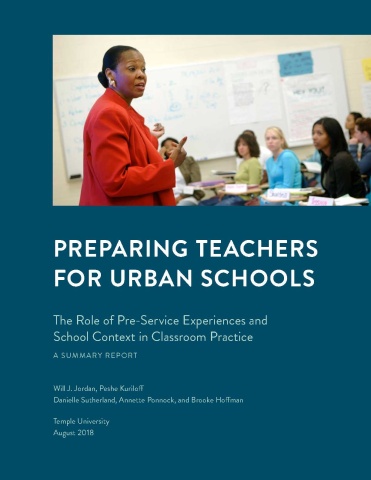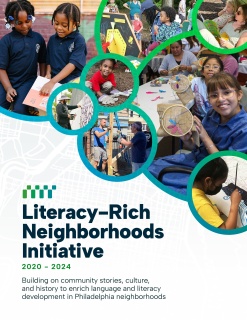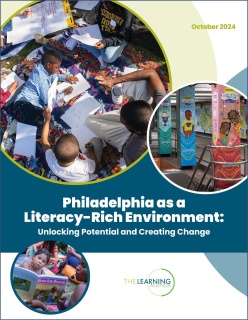
Teacher quality is one of the most challenging and important goals of education improvement. Among the many significant in-school factors that influence student achievement—including resources, curriculum, school leadership, and school climate—educators and policy makers agree that teacher quality has the greatest impact (National Commission on Teaching and America’s Future, 1996).
The challenges teachers face in urban settings like Philadelphia call into question whether the traditional model of teacher education ultimately prepares teachers for success in the settings they encounter. This study started with the research questions:
- What is the relationship between teacher preparation and subsequent performance in the classroom?
- Does teacher performance in the classroom vary as a result of where teachers were prepared?
- Are there best practices in teacher preparation that better prepare teachers to succeed in Philadelphia schools?
- How much does school context influence teacher performance in the classroom?
In the 2015–2016 school year, the researchers set out to study characteristics of eight programs that prepare teachers for Philadelphia schools and determine which program characteristics contribute to teacher success. Because the programs studied all met the state requirements for accreditation—which are highly specific—they were more alike than different. The analysis turned up few connections between where and how teachers were prepared and their performance in the classroom.
This is consistent with decades of research showing a lack of consensus about what pathway, type of preparation, and features of preparation programs most impact teachers’ ability to promote student learning (Cochran Smith, 2005), especially in the context of low-achieving urban schools.
Teacher preparation, it turns out, is not the sole or even overriding factor that determines the character and quality of teacher performance. Rather, the combination of teacher preparation and school setting impacts a teacher’s effectiveness. The teacher’s working conditions, in turn, determine the students’ learning environment in the classroom and ultimately have a critical influence on student achievement.
The findings suggest that the knowledge and experience teachers need to succeed in these environments require much more time and practice in the classroom than current pathways to teaching offer. This study is unique in that it features teacher voices to create a deeper and more nuanced picture of their experiences.

